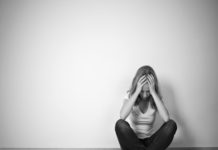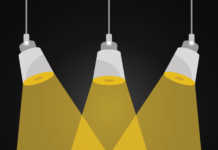
While Seasonal Affective Disorder (SAD) is often discussed during the winter months, this mental illness falls under the radar over the summer. However, many men and women are still affected by SAD—despite the warm, sunny weather.
SAD is caused by seasonal changes, which can disrupt the internal clock responsible for sleep and hormones. However, other behavioural issues can contribute to summertime depression, including:
- Disrupted schedules. With kids back in the house and vacations abound, your daily routine can get set off course. As such, it’s important to regulate as many aspects of your daily routine as you can, including mealtimes and sleeping patterns.
- Financial worries. Trips abroad and summer camps can make summer a financially stressful time for many men and women. Organizing your finances and setting a budget may assist with staving off depression associated with increased expenses.
- Hot weather and excess light. For some individuals, light can severely disrupt sleep and throw emotions off-balance. What’s more, heat can drive you indoors, keeping you away from socializing, exercising, and cooking. To combat this, limit your exposure to light and blast the AC.
Specific symptoms of SAD include loss of appetite, trouble sleeping, weight loss, and anxiety. If you are experiencing any of these issues, speak to a psychiatrist to discuss treatment options for you. Otherwise, keeping up with routine, exercising, and eating well can greatly reduce feelings of depression.
What’s more, certain supplements can help to lighten your emotional load. A 2008 study shows that vitamin D may aid in neurotransmitter function, keeping the chemical aspects of depression at bay. Additionally, theanine is a great option for depressed individuals—it triggers the release of GABA, which activates calming neurotransmitters. If you’re interested in natural options, discuss them with a naturopath or other health-care professional.











